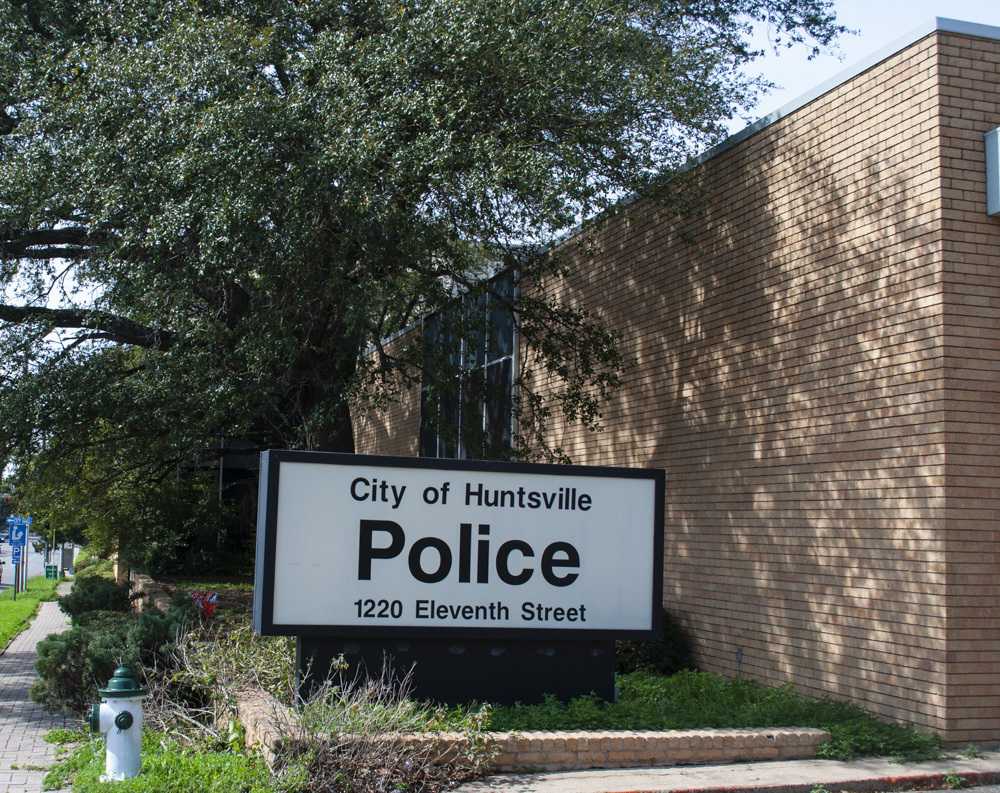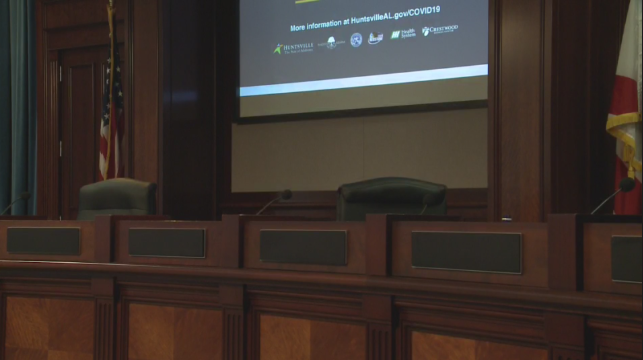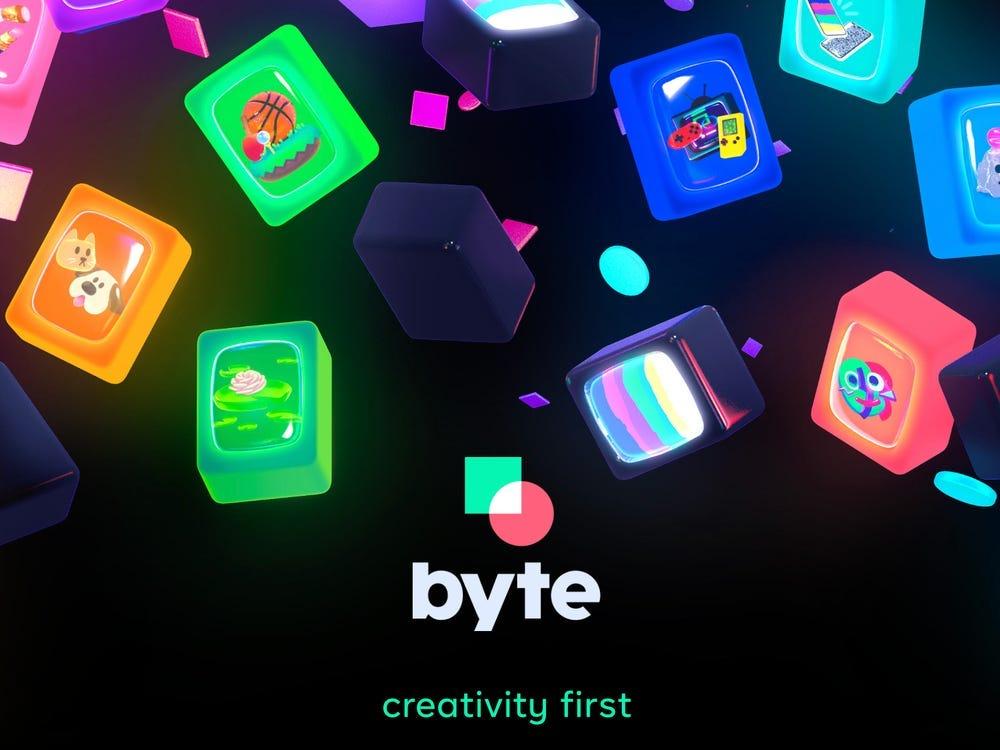College students can feel the burning holes in their pockets throughout their time at a university. Sometimes it can seem like there are no means to accrue spending money, as what is earned quickly goes out the window to pay tuition, bills and living expenses. However, one avenue that has quickly gained popularity over the past few years is Bitcoin.
It might not be money in the traditional sense of the word, but Bitcoin is the first decentralized electronic currency, meaning that it is not controlled by any organization or government. Compare it to how emailing is a free mail service, or how Skype lets people make video calls for little to no cost. Bitcoin uses a massive peer-to-peer network to verify and complete transactions, not relying on any bank to do so. Bitcoin is also used globally, so there are no exchange rates to abide by when making international transactions.
“I consider it a real currency, and it is becoming more applicable in daily life,” Sam Houston State University alumnus Jonathan Pollard said. “You are able to use some forms of cryptocurrency to buy cars, apartments, yachts, groceries and many other things.”
Considering Bitcoin and other forms of cryptocurrency are still in their developing stages, one would be correct to guess that they have not made their way into every marketplace yet. Many companies and businesses do not yet accept Bitcoin payment. As cryptocurrency grows in popularity, however, so will its usage and implementation. Square CEO Jack Dorsey recently said that Bitcoin is a “transformational technology for our industry, and we want to learn as quickly as possible.”
Of course, any new fad comes with its fair share of misconceptions and worries. While transactions over the Internet have become much more secure over the years, many people are concerned about the safety of transactions entirely dependent on an electronic currency that can never be held or touched. Since the system that Bitcoin uses does not have a middle party to oversee transactions, payments are non-reversible, and accounts cannot be frozen. This can be seen as a positive, but it could be catastrophic if someone managed to gain access to another’s account and make unauthorized payments.
“There is always risk involved with investing,” Pollard said. “Only invest what you think wouldn’t hurt to lose. Familiarize yourself with the specific crypto that you’re thinking of purchasing.”
Ultimately, caution and research are key for someone interested in learning more about various kinds of cryptocurrency. Numerous guides and tutorials are available for perusal online, along with research and analysis from market experts.
“[My friends], like me, say we wish we had gotten in sooner,” Pollard said. “But we’re all hopeful and excited for the future of cryptocurrency!”
It might not be a get-rich-quick scheme, but it could be an efficient way to start building up a strong financial foundation—which can be priceless for students venturing out on their own.

















